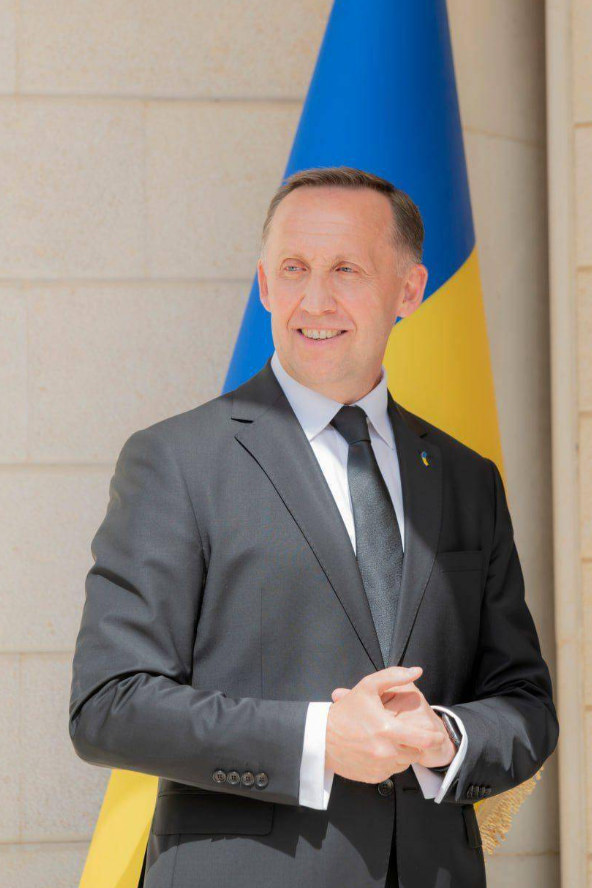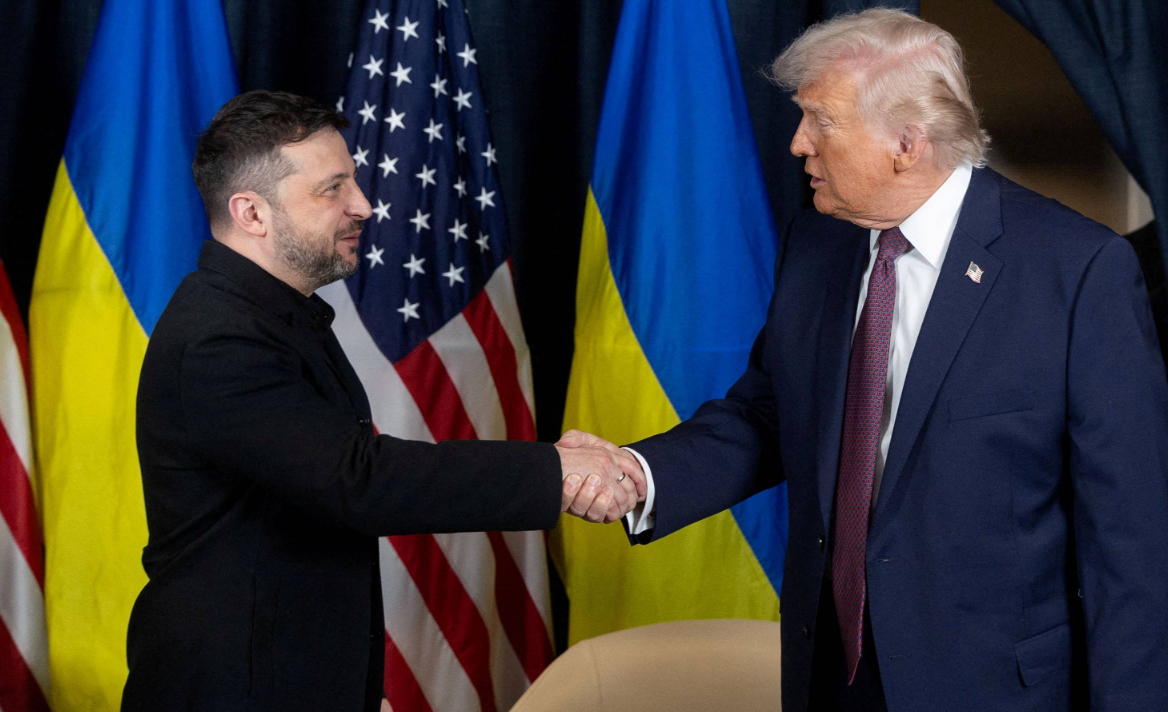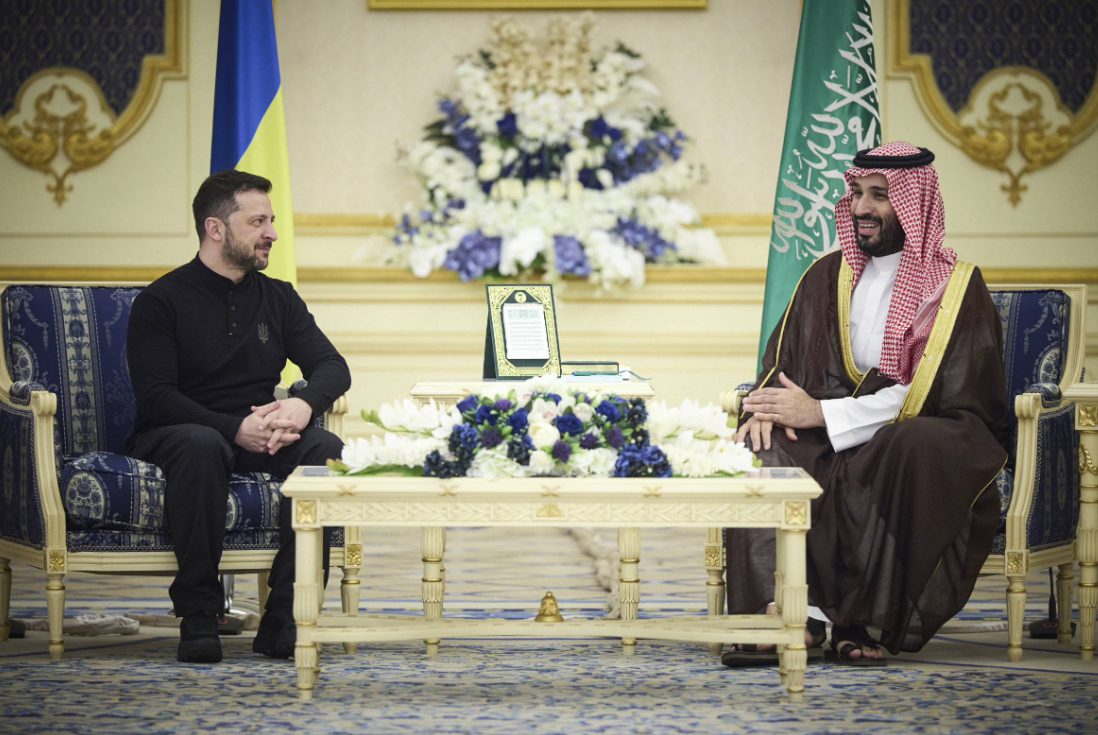The World Bank has issued its annual report on economic prospects in this region, which contained highly optimistic forecasts, especially for Iraq and Yemen, and other small countries such as Djibouti.
The report came at a time when the Middle East is experiencing economic challenges some of which are caused by the political situation, others by the failure of certain government policies.
Asharq Al-Awsat interviewed Daniel Lederman, Deputy Chief Economist for the Middle East and North Africa Region of the World Bank Group, to know more about the bases of the World Bank’s forecast and other economic issues.
Asked about Saudi Arabia’s future in light of the ongoing economic reforms under Vision 2030, Lederman stressed that the strategy had contributed significantly to the diversification of sources of revenues in the Saudi economy.
He added that the most important of these reforms was reducing dependence on oil as a primary source of income.
He noted, on the other hand, that structural changes that are being implemented in the Kingdom's economy and the rest of the GCC countries, which are mainly aimed at reducing dependence on oil as a main source of income, have led to a decline in their share of world oil exports, making the United States the largest oil producer in the world. This has also led to a decline in the price control of oil-exporting countries, according to Lederman.
As for the difficulty to make oil price forecasts, in the wake of the US sanctions on Iran and the recent developments in Venezuela, the World Bank official admitted that it was hard for any financial institution to make accurate predictions about the period of time in which oil prices are stabilized, given the reasons mentioned above.
In this regard, he noted that the World Bank was cautious in setting its expectations on oil prices for the coming years.
However, he underlined that the dynamics of the oil market were closely related to measuring the rise in price per barrel, so that it does not exceed a certain limit. Therefore, it is difficult at present to see a jump in oil prices, he stressed.
Commenting on the World Bank’s positive expectations on Iraq, Lederman said he expected the country to achieve significant economic growth in the coming period, depending on the efficiency of the Iraqi government’s economic reforms and the time it takes to implement them.
“The new government represents an opportunity to give a strong boost to the restructuring of the Iraqi economy, enabling it to achieve a growth rate of up to 8 percent, and we expect it to happen in 2020. Of course, this will depend heavily on the political situation and the start of the reconstruction of Iraq,” he stated.
The biggest challenge facing the Iraqi economy is the implementation of structural reforms that can create sustainable sources of income and reduce dependency on foreign aid, according to Lederman.
On Yemen, the World Bank official emphasized that the economic returns from peace would be substantial and immediate, especially if there is a good organization that would take advantage of peace opportunities.
On the other hand, he noted that the World Bank was cautious about expectations for the recovery of the Yemeni economy, which depends on containing violence and ending the conflict in this region.
“We are ready to help with the smart reconstruction of Yemen; we are optimistic about what can be achieved for the Yemeni economy in the event of peace,” he noted.
Asked about reforms undertaken by Cairo, Lederman said the current reforms were wide and comprehensive, adding that the Egyptian government should currently move from the reform phase to the stage of “increasing transparency” with the public. In Lebanon, he stressed that the biggest challenge facing the government was the increase of public debt.
On a different note, Asharq Al-Awsat asked Lederman about the future of employment in the region in light of the great progress achieved in the field of Artificial Intelligence (AI).
The World Bank is “cautiously optimistic” about the impact of Artificial Intelligence on employment in the region for two reasons, he said.
“First, he highlighted a steady growth in the young population, adding that 300 million jobs were expected to be created for young people by 2050. Second, he stressed that the Middle East had the largest development of educational arena, with a highly educated and skilled labor.
In order to secure the future of employment in this region, structural reforms in the economy should be initiated and the work systems should be reformed. The future of the economy in this region will be different from that of the past, Lederman emphasized.













